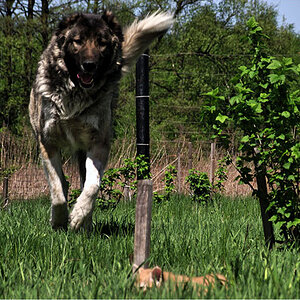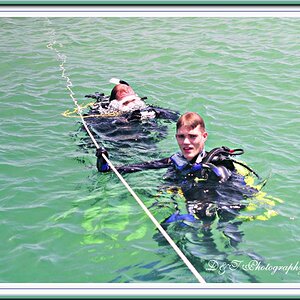StreetShark
TPF Noob!
- Joined
- Mar 11, 2007
- Messages
- 219
- Reaction score
- 0
Hi,
I am 15 and have been shooting for almost a year. I own a Kodak Z650 semi-SLR (high zoom camera) and a old Canon FTb film SLR (given to me). I plan on buying a digital SLR this summer. I know a bit about aprature, ISO, and shutter speed but I know very little about lenses and there quality. If any one can give me some tips on how to get better shots or where to go to learn more about photography that would be great.
Thanks
I am 15 and have been shooting for almost a year. I own a Kodak Z650 semi-SLR (high zoom camera) and a old Canon FTb film SLR (given to me). I plan on buying a digital SLR this summer. I know a bit about aprature, ISO, and shutter speed but I know very little about lenses and there quality. If any one can give me some tips on how to get better shots or where to go to learn more about photography that would be great.
Thanks





![[No title]](/data/xfmg/thumbnail/37/37605-90c8efaef5b7d1f52d4bf8e7dfd33673.jpg?1619738148)







